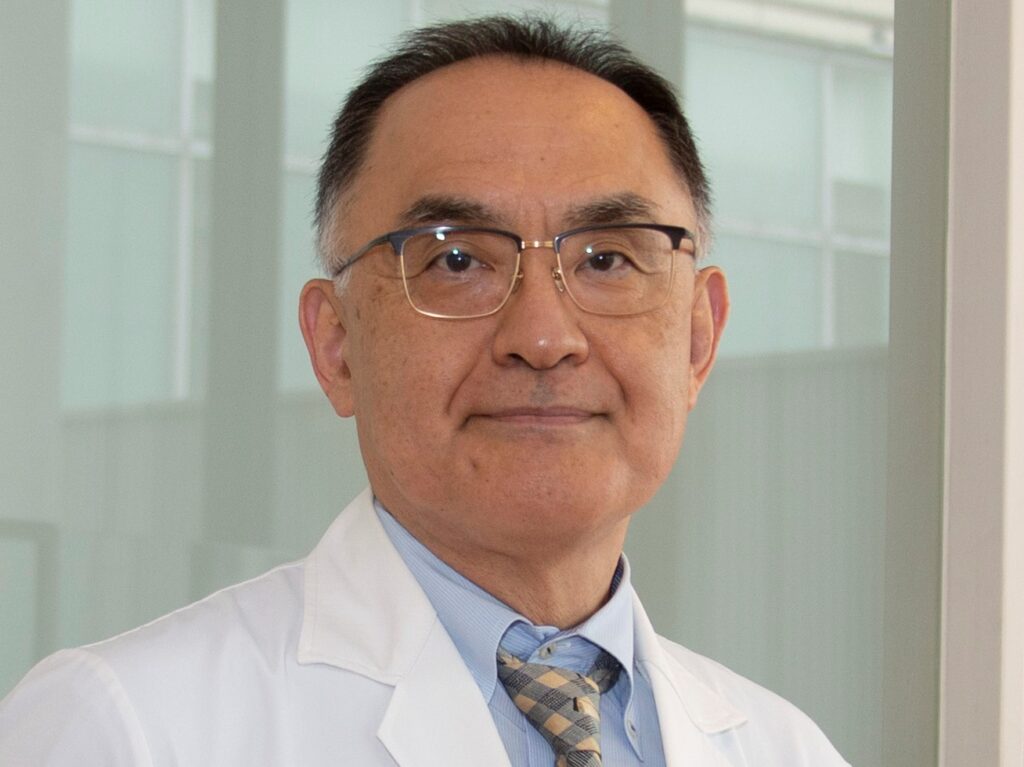
iLDLT Joint Symposium
President of Meeting Hiroto Egawa
iLDLT Group President/Tokyo Women’s Medical University
I am Hiroto Egawa, Department of Hepatobiliary and Pancreatic Surgery, Division of Surgery, Tokyo Women’s Medical University, and I am pleased to the 40th Annual Meeting of the Japanese Liver Trasnplant Society that will be held on Thursday, July 7 and Friday, July 8, 2022 at Keio Plaza Hotel, Shinjuku, Tokyo.
This year’s main theme is “Japan’s Role in the World: From Basic Research to Social Implementation”, and the three sub-themes are “Antibody-related Rejection”, “Long-term Management”, and “Environmental Improvement”.
In order to contribute to the progress and development of the study of liver transplantation as a fundamental treatment for patients with end-stage liver disease, inborn errors of metabolism, fulminant liver failure, and hepatocellular carcinoma, this conference will
(1) To contribute to the development of minimally invasive surgical techniques for liver transplantation, especially for living donors, immunosuppressive therapy, immune monitoring, regenerative therapy and drug therapy for infection prevention, avoidance of hepatocellular carcinoma recurrence, and immune tolerance, perioperative treatment of viral hepatitis, postoperative prevention of NASH, pros and cons of immune checkpoint therapy in transplant patients, the relationship between postoperative complications and histocompatibility antigens, and patient education.
(2) We aim to promote better liver transplantation by building educational programs for training future generations and establishing a long-term care system for living donors. Furthermore
(3) We are working with the Japanese Society of Transplantation and the Japan Organ Transplant Network to train liver transplant physicians for more precise patient management, to reduce the burden of organ donation under brain death, and to reduce the human flow to reduce the risk of infection by the new coronavirus.
In this way, the activities of the Society cover a wide range of fields, including basic medicine such as genetics and transplantation immunology, laboratory medicine promoting histocompatibility testing and immune monitoring, clinical medicine such as prevention of infection including whistle infection, drug treatment for liver cancer and regenerative medicine, and social medicine such as improvement of the brain-dead organ transplantation system.
Sixty years have passed since Dr. Starzl performed the world’s first liver transplant in 1963 and Dr. Tsuneari Nakayama of Chiba University performed the first liver transplant in Japan the following year. Liver transplantation techniques have been almost perfected, but there is still room for development in living donor liver transplantation techniques. In addition, research on the diversity of HLA has revealed the possibility of personalized medicine in the perioperative period and long-term management. The theme of this year’s conference is “Japan’s Role in the World: From Basic Research to Social Implementation,” and we are preparing a forum where all professionals involved in liver transplantation can discuss basic and clinical research, share the results, and discuss how to implement the results in society and deliver them to patients. This year’s conference will be hosted by the Department of Surgery, Center for Gastroenterology, Tokyo Women’s Medical University (currently the Department of Gastroenterology and General Surgery, Tokyo Women’s Medical University), which was founded by Dr. Tsuneari Nakayama.
We will start accepting abstracts at the beginning of the year. We look forward to your registration.